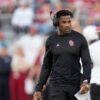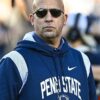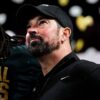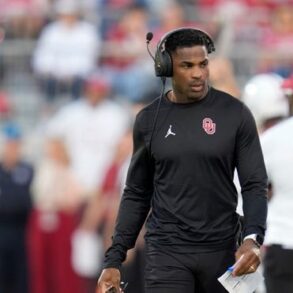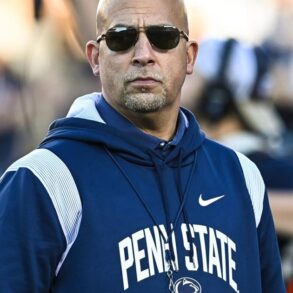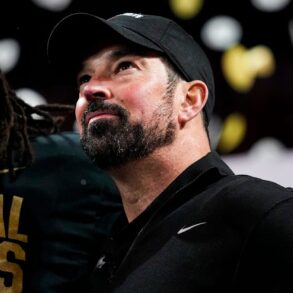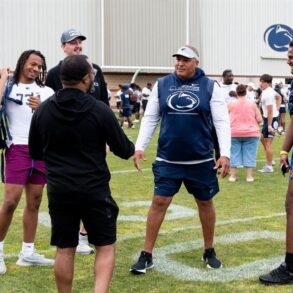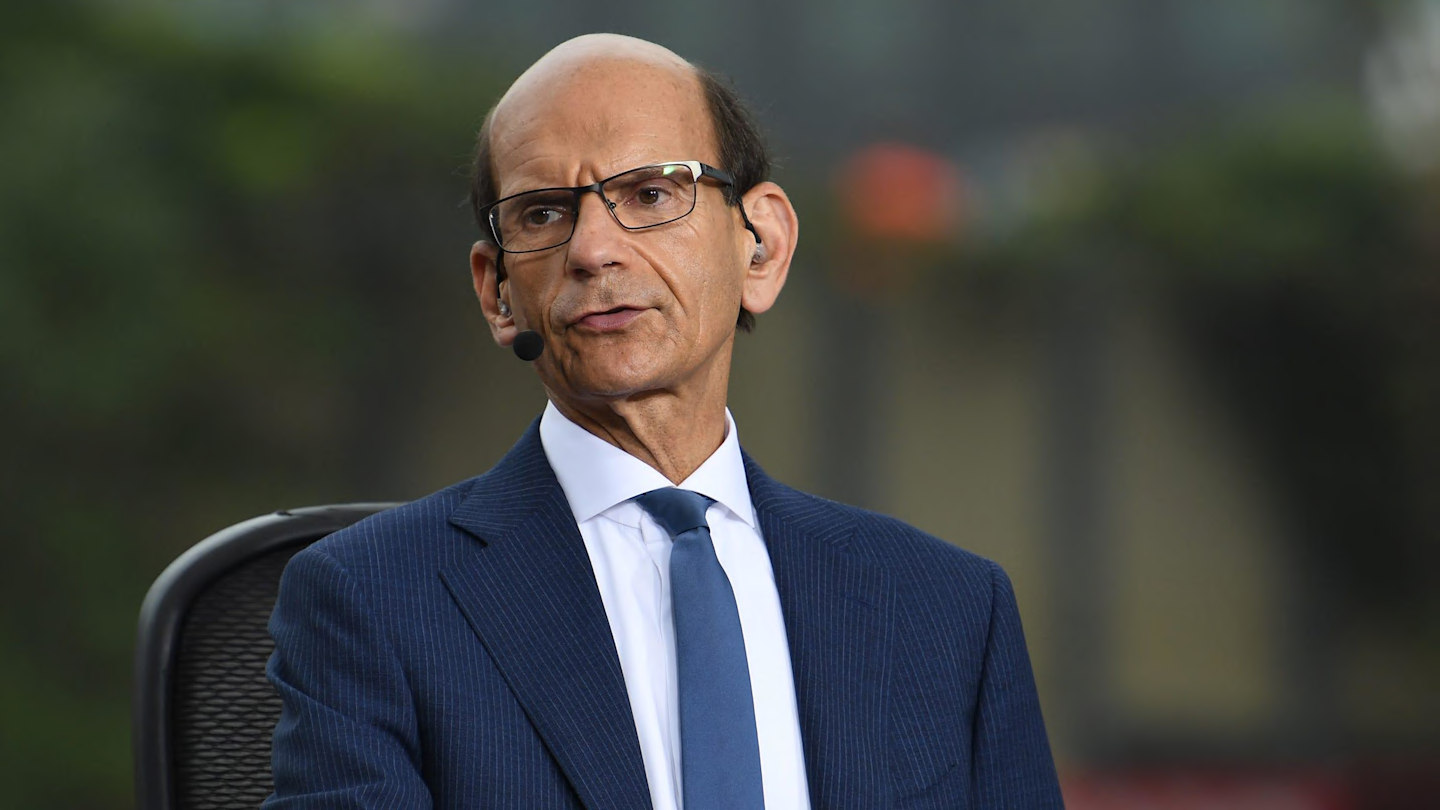
One of the most prominent initial supporters of NIL has walked back his opinion after watching the transformation of college football.
ESPN analyst Paul Finebaum has surveyed the state of college sports by immersing himself on campuses and interacting with fan callers on The Paul Finebaum Show, and he sees a risky future in which they might not survive without NCAA intervention on name, image, and likeness.
Pete Nakos with On3 spoke with Finebaum about the candid issues he sees with fans and the loss of connection, specifically with older generations.
“The thing I’ve noticed anecdotally this fall, as the season wore on through this moment in time, is growing fatigue from fans, especially older fans, 60 and above,” Finebaum said. “A gradual turn-off. And I believe very strongly that what wasn’t a problem a couple of years ago is now an existential threat to the future of college football. I say that feeling very comfortable and interacting with fans, both on the road when I travel every week and behind a microphone every day. It’s growing, and I think it is going to continue to grow.”
College football is nothing like it used to be since athletes gained their right to publicity, and NIL has altered the sport.
Finebaum sees growing complexities with NIL and its relationship with the transfer portal.
Booster-led NIL collectives are arguably determining champion-caliber teams by spending millions on roster retention and portal prospects.
While he doesn’t explicitly give the perspective of what older fans are growing weary of, it’s likely the severance of connection to players as the sport operates farther away from the amateurism model by the day.
All of this is a result of the NCAA failing to be proactive and preempt the inevitable NIL Wild West with regulations or guidelines.
Finebaum directs his ire, correctly, towards the neglect at the top rather than the players who are simply operating in the system college football leadership put forth.
“The lack of leadership overall and cohesion in the sport is creating more of an issue and exacerbating the problem,” Finebaum said. “We may have started at DEFCON Five. We are now moving toward DEFCON Two, and I think DEFCON One. The bells and sirens are going to be ringing very soon.”
He addresses a lot of popular sentiments but doesn’t exactly lay out the direct problems he’s sounding the alarm on.
There is certainly a need for regulation, but to protect whom?
As much as the headlines are dominated by top college football programs losing star talent to schools with more NIL resources, there are just as many quiet tales of players being taken advantage of or perhaps falling through the cracks entirely.
The number of objections filed to the House v. NCAA settlement — a considerable portion of which were anonymous — are one symptom of the larger problem.
Tampering and lack of regulation or qualifications for NIL agents have a conundrum of complexities.
Fans are losing connection to their favorite teams when they’re unrecognizable by the year. Perhaps younger fans who are willing to adapt with the times can come to terms with players being seen more on rent than on lifetime deals, but older fans may lose interest entirely.
While Feinbaum didn’t offer the true root of the issue, his overarching point stands.
Players should be paid, and the NCAA and college football programs and universities have taken advantage of their name, image, and likeness for far too long.
But there’s a painful void of leadership or understanding of what the future holds with the impending settlement. It’s expected to be approved, and schools will gain access to revenue sharing on July 1 if all goes swimmingly.
However, it’s not guaranteed, and college leaders continue to search for legislative answers on ensuring the settlement can be enforced. The concerning aspect of that is the number of teams that are operating and speaking openly about negotiations with players as if revenue sharing is guaranteed and imminent.
That’s likely where Finebaum is directing his concerns and ended his remarks directly calling out the former NCAA president, Mark Emmert, for being passive for years and declining to address the inevitable.
“Fans just don’t understand how we got to this point,” Finebaum said. “Just blaming the past. Let’s blame Mark Emmert for everything that has happened in the world. I do blame him for some of it, but I also blame a lot of presidents and commissioners, who also sat at that table many years ago and could have done something.”
This post was originally published on this site be sure to check out more of their content.


